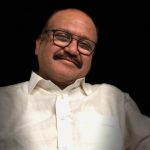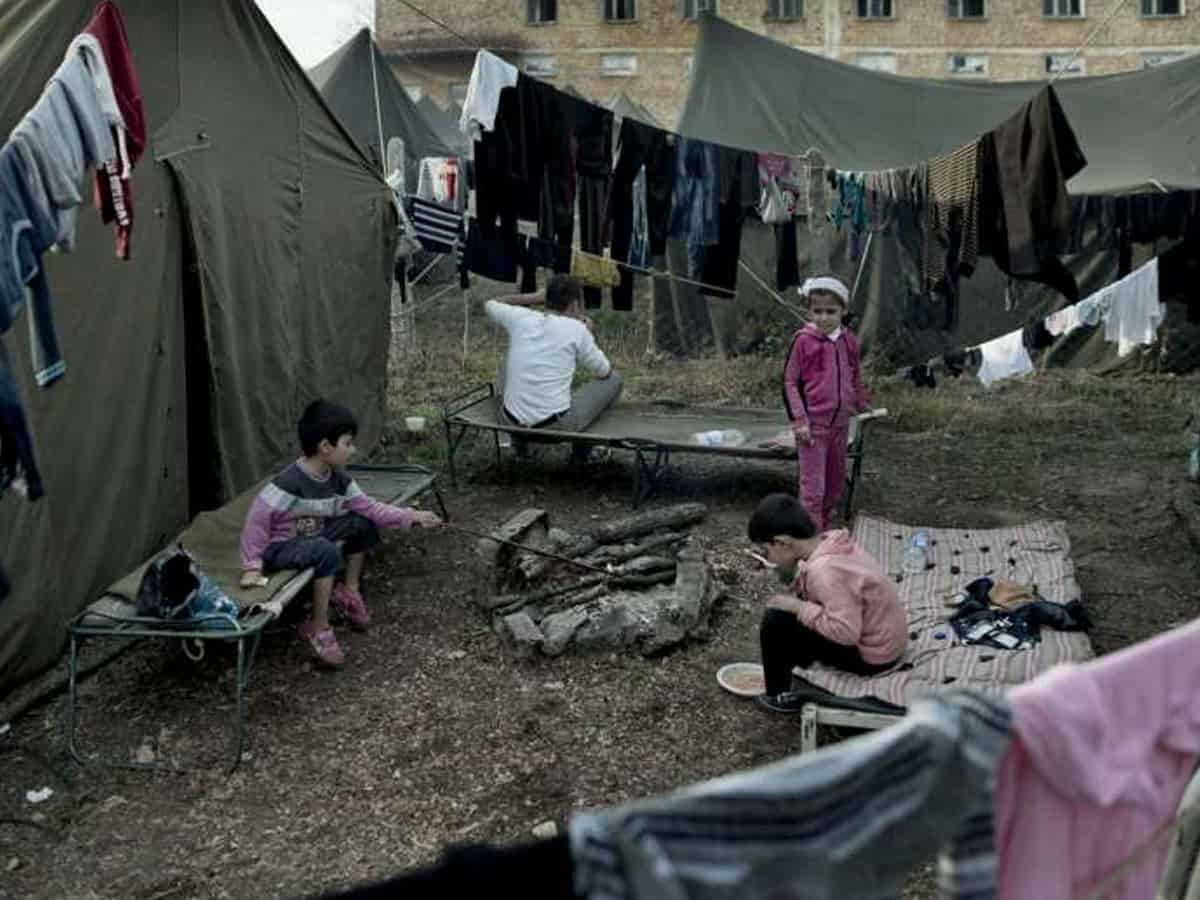
The following passages I have taken from a longer piece I began to write about Dr Syed Zainul Abedin saheb. He was the director of the Institute of Muslim Minority Affairs and also the editor of a biannual journal that the institute brought out. The journal was considered an unbiased authority on Muslim Minority issues across the world.
…There erupted a major crisis in Bulgaria in the beginning of 1989. The Bulgarian government had decided to change the names of the Muslims with what it called the original Slavic Orthodox Christian names. The Muslims who formed less than 10 pc of the population began resisting the government policy. The government then sent in para-military troops to quell what it called a rebellion in Southern Bulgaria that bordered Turkey. The Bulgarians of Turkic origin began fleeing to Turkey. Ankara opened its border for the Bulgarian Muslims and at the same time began exerting political and other pressures on Bulgaria to rescind its name-changing (actually it was also known as religion changing) campaign. The crisis made headline across the world.
Zain saheb (Dr Syed Zainul Abedin) persuaded me to take a trip to Bulgaria as well as Turkey to get first hand information on the crisis. My Editor was convinced that if I go there Saudi Gazette would be the first newspaper in the Middle East to write field based reports from the conflict zones. Zain saheb used his connection to facilitate for my visa to Sophia with the explicit purpose of writing on the conflict by visiting the crisis zones. The Bulgarian government which had wanted to clear its name as an oppressor of the minorities agreed to the proposal made by Zain saheb. The government wanted to send a message to its friendly Arab and Muslim nations that it was doing wrong. And whatever wrong had been committed, it was being corrected.
The Bulgarian government agreed to my proposal to tour the troubled spots.
I had to fly to Athens, Greece, to get the Bulgarian visa since it was the nearest country to Saudi Arabia that had an embassy of Bulgaria. From Athens I flew to Sophia where I was received by an information/intelligence officer who identified a hotel for me. After meeting a number of high ranking Bulgarian officials with the ministries of Information, Foreign Affairs and Home Affairs I was offered on rent a chauffeur driven vehicle and two officials to assist. One was a senior person who said he was an official of the Ministry of Foreign Affairs and a young girl who was my interpreter. I was driven to the villages from where the Bulgarian Muslims of Turkic origin had fled.
I was shocked to see the burnt down and half burnt down houses that were telling a story of the residents who had to rush out of their homes in hurry. Perhaps they had heard or saw the para military and military troops coming to their villages. The population was terrified as in the previous instances the forces had opened fire killing dozens of people and injuring a lot others.
The houses were empty of any valuables. The kitchens had the signs that the residents were cooking something and had to leave in a hurry. The apple gardens in the villages presented a scene that it was time to pick the fruits which the residents could not. Some ripened apples still hung from the branches and some others had fallen on the ground and rotting.
After the tour of a few villages which presented similar scenes, I was assisted by the Bulgarian officials to visit the chief Mufti or priest of the Muslims who had been appointed not long ago in Sophia. Earlier, there was tradition of a Chief Mufti attending to the religious and cultural issues related to the Muslims.
This visit turned out to be an irony that I had not expected. When I went inside the drawing room of big house, I found a man with a slightly long and silver and salt peppered beard sitting on a sofa. He was wearing cloak over his dress and got to shake hands with me. He was the Mufti or the Imam of the Muslims. The Imam began talking to me through an interpreter. On a chair next to the Imam sat a young attractive woman in clothes which the women folk in the West routinely wear at home. That appeared okay to me. She was introduced to me as his secretary.
However, with my little understanding of the Islamic traditions, I could not fathom how an attractive female could be appointed as the assistant or secretary to the Mufti. When that young slim woman realized that I were a journalist and had come from Saudi Arabia to talk to her boss, she rushed out of the room. The secretary returned a few minutes later. This time she was wearing pink lingerie with no gown over it. It was a see-through dress. I had to turn to gaze and focus it on the Mufti’s beard. But the lady would like that. She would frequently break into my talk with the Mufti and try answering my questions. The Mufti could not stop her from interrupting his conversation. He looked hapless. I could also feel that she had been imposed on him by the government.
I felt that she wanted to tell me that the so called Muslim conservatism is passé in Bulgaria and a modern version has arrived. Her gestured were crude but funny. Obviously, she had been told by the government that with her dress she should demonstrate that she was not a conservative Muslim. I, a journalist, should go with the impression that the Mufti could have a female Secretary who could work with him in lingerie and sleeping gowns.
I returned to Athens and from there flew to Istanbul. I was facilitated by the government officials to visit the Mahajir or the Refugee camp in Edirne. The Muslims from Bulgaria with their women folks and children lived in hundreds of camps that had been put up there. It was a depressing scene. I spoke with several men and women and heard their sad stories. They had suffered hunger and humiliation on their way to these camps.
After finishing my work in Turkey I returned to my base in Jeddah and wrote a series of stories on the situation there. In my writings while condemning the way Bulgarian government had gone on to change the names of the people and unleashed terror upon them, I also criticized Turkey for fanning the ethno-religious conflict in Bulgaria. Turkey had begun to assert itself as a formidable power in the area.
While there was no response from the Bulgarian government to my articles, the Turkish diplomats in Jeddah demonstrated their displeasure over my writing.
I gave my articles and notes to Zain saheb who researching on the subject to write about the Bulgarian crisis in the biannual Journal of Minority Affairs that he was editing and bringing it out almost single handedly.
Mir Ayoob Ali Khan is a seasoned journalist who has worked with the Times of India, Deccan Chronicle and Saudi Gazette.

